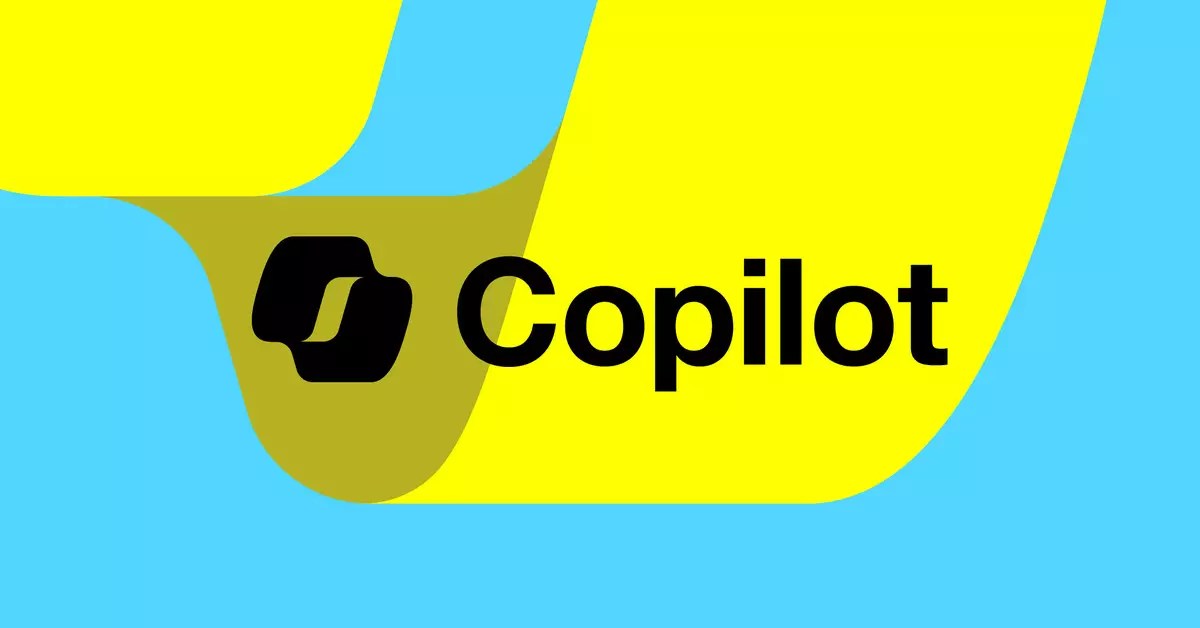At the recent CES 2025, tech giants LG and Samsung showcased their latest smart TVs, boasting advanced AI functionalities aimed at elevating user experience and aligning with the ongoing artificial intelligence trend. With features designed to make content discovery and interaction more intuitive, both companies appear to be chasing a market that’s increasingly captivated by AI technology. This move raises questions about how these innovations will impact the landscape of home entertainment and user engagement with smart devices.
LG has taken significant strides in its smart TV lineup, branding it with an entirely new “AI Remote” and presenting a dedicated AI section within the TVs’ interface. This ambitious endeavor to incorporate Microsoft’s Copilot AI assistant suggests that LG is serious about redefining how viewers interact with their televisions. The aim appears to be simplifying the complexity of content consumption, allowing users to utilize contextual information to streamline searches and enhance organization. However, while the advertising is enticing, LG has yet to provide a clear demonstration of how Copilot functions within the smart TV environment, leaving potential customers yearning for more concrete evidence of its operational capabilities.
Not to be outdone, Samsung introduced its own AI initiatives under the Vision AI brand, which includes an array of functionalities such as AI upscaling and Auto HDR Remastering. With the help of a new AI button located on their remotes, users can effortlessly access features designed to analyze food images or enhance home security through video feeds from smart cameras. The promise of personalized content recommendations powered by Microsoft’s Copilot further enhances the appeal of this technology. However, similar to LG, Samsung has not provided substantial insight into how these features will look in action, leading one to wonder if they too are treading a fine line between innovation and gimmickry.
The ambiguity surrounding how exactly these AI features will be implemented speaks to a larger issue within the tech community—an overly optimistic portrayal of technology that may not yet be realized. Both LG and Samsung have marketed features that sound revolutionary, yet without tangible demonstrations or user experiences, potential customers may remain skeptical. Information from both companies is limited, and a coalition of factors, including the novelty of the integration with Microsoft’s Copilot, could lead to more questions than answers at this early stage.
While LG and Samsung’s forays into AI-integrated smart TVs offer exciting potential, the lack of comprehensive demonstrations and detailed information raises valid concerns about the practicality of these innovations. It seems that, in their eagerness to tap into the AI hype, both companies might be placing the cart before the horse. Only time will tell whether these high ambitions will translate to real-world utility for consumers, or if they end up being mere marketing ploys in a competitive tech landscape.


Leave a Reply